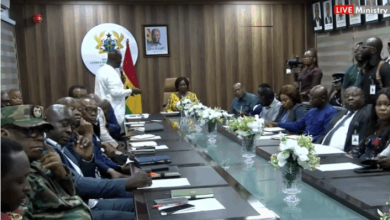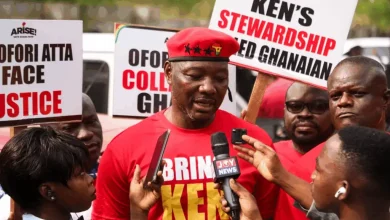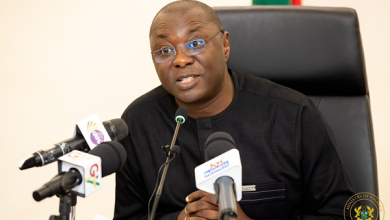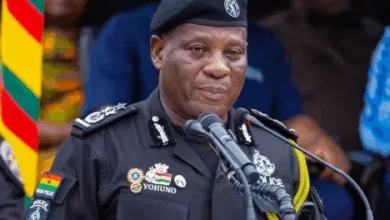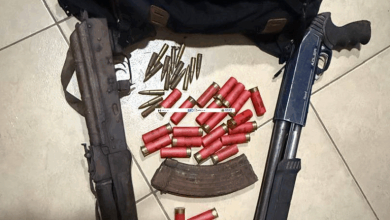EOCO Retrieves 100 Stolen High-End Vehicles
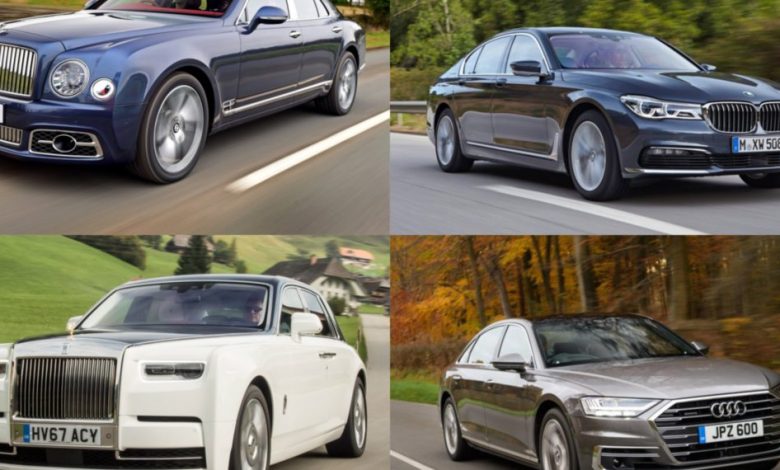
The Economic and Organised Crime Office (EOCO) has recovered 100 stolen luxury vehicles that were shipped into Ghana through dubious means.
The anti-graft agency is currently investigating about 300 additional cases of suspected stolen vehicles in collaboration with Interpol, the Federal Bureau of Investigation (FBI), and the Royal Canadian Mounted Police (RCMP).
Speaking to the Daily Graphic, the Head of Legal and Prosecutions at EOCO, Leo Antony Siamah, cautioned the public to be extra vigilant when purchasing vehicles, particularly high-end ones, in order not to become accomplices in criminal activities.
He also urged the public to scrutinise the identity of anyone claiming to be from EOCO. “Some unscrupulous individuals are posing as officials from EOCO and seizing vehicles. The public must verify the identity of such persons before cooperating with them,” he warned.
How the Vehicles Are Stolen
Mr. Siamah explained that many of the vehicles are stolen from unsuspecting owners in the United States and Canada, often while they are away from home. They are then shipped to Ghana with forged documents through a criminal network.
“By the time the cars are declared stolen abroad, they are already in the hands of innocent purchasers in Ghana,” he said.
Although EOCO is working with the Ghana Revenue Authority (GRA), port authorities and other security agencies to tighten verification processes, he stressed that buyers also bore responsibility. “The law places a duty on individuals seeking to buy anything to conduct due diligence. Failure to do so means there is no remedy in the event of a legal action,” he added.
Some of the luxury brands frequently targeted in these schemes include Mercedes-Benz, Bentley, Lexus, Rolls-Royce, BMW X7 and X8 series, Ford F150, Cadillac Escalade, Dodge Ram and Honda CR-V.
Red Flags for Buyers
Mr. Siamah highlighted several warning signs that should alert prospective buyers:
Prices far below market value
Missing, incomplete or suspicious documentation
Altered or defaced Vehicle Identification Numbers (VINs)
Tampered rearview mirrors, where GPS trackers are often hidden
He advised buyers to check VINs in multiple locations on the car, verify vehicle histories through platforms such as Carfax and AutoCheck, and consult EOCO or Interpol before making purchases.
No Victimisation, Only Mandate
Addressing concerns about EOCO’s operations, Mr. Siamah stressed that the agency’s investigations were not arbitrary but strictly in line with its legal mandate.
“We are only fulfilling our responsibility under the law. This issue creates a very bad image for Ghana as a hub for stolen vehicles. Beyond the reputational damage, even genuine buyers are unfairly perceived,” he said.
EOCO has been engaging stakeholders, including car dealers and garage owners, to educate them on the risks of dealing in stolen vehicles.
Proceeds of Crime
Beyond recovering stolen cars, EOCO has intensified its work in tracking proceeds of crime. Under the Economic and Organised Crime Office Act, 2010 (Act 804), its mandate includes investigating money laundering, cybercrime, tax fraud, financial loss to the state and other serious offences.
Mr. Siamah said EOCO also conducts lifestyle audits to identify assets that do not match declared incomes, though challenges such as cross-border ownership structures and resource limitations make this difficult.
“We call on the public to collaborate with us to help us effectively discharge our mandate,” he appealed.
Regional Context
West Africa remains a hotspot for stolen vehicles. In April, an Interpol-led operation across 11 countries, including Ghana, uncovered 150 stolen luxury vehicles and seized more than 75.
Source: Daily Graphic

